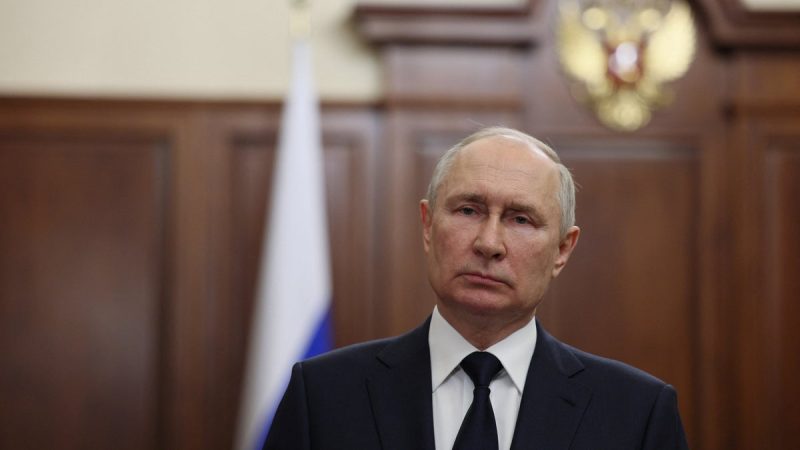Ukraine to Seek NATO Invitation in Brussels Next Week
The upcoming NATO summit in Brussels will feature a critical decision regarding Ukraine’s request for a Membership Action Plan (MAP). The Ukrainian government expressed its intention to seek a NATO invitation during the summit. This move has significant implications for Ukraine’s strategic direction in the face of heightened tensions with Russia.
The request for a MAP is seen as a bold step by Ukraine to solidify its relationship with NATO and enhance its security infrastructure. By seeking closer ties with NATO, Ukraine aims to bolster its defense capabilities and align itself more closely with Western interests. This decision comes against the backdrop of ongoing conflict in eastern Ukraine and Russia’s continued support for separatist movements in the region.
Ukraine’s pursuit of NATO membership reflects its aspirations to integrate further into the Euro-Atlantic community and distance itself from Russian influence. The country’s longstanding ambition to join NATO is rooted in its desire for security guarantees and protection against external aggression. By seeking a MAP, Ukraine signals its readiness to commit to the necessary reforms and meet the alliance’s standards for membership.
However, Ukraine’s path to NATO membership is not without challenges. The geopolitical sensitivity surrounding Ukraine’s relationship with Russia poses a significant obstacle to its Euro-Atlantic integration. Russia has vehemently opposed Ukraine’s NATO aspirations, citing concerns about NATO’s expansion near its borders. Moscow views Ukraine’s alignment with the West as a threat to its national security and has warned of potential consequences if Ukraine joins the alliance.
The prospect of Ukraine joining NATO has also sparked debates within the alliance itself. Some NATO members are cautious about provoking further tensions with Russia and question Ukraine’s readiness to meet the alliance’s criteria for membership. The issue of Ukraine’s NATO membership has become a point of contention that could underscore broader geopolitical divisions within the alliance.
As Ukraine prepares to make its case for a MAP at the NATO summit, the stakes are high for both the country and the alliance. A positive decision in favor of Ukraine could signal a significant shift in the geopolitical landscape of Eastern Europe and reaffirm NATO’s commitment to collective defense. Conversely, a rejection of Ukraine’s request could deepen divisions within the alliance and embolden Russia in its regional ambitions.
In conclusion, Ukraine’s bid for a NATO invitation at the upcoming summit in Brussels is a pivotal moment in the country’s pursuit of Euro-Atlantic integration. The decision will have far-reaching implications for regional security and the future of NATO’s relationship with Russia. As Ukraine navigates this critical juncture, the international community watches closely to see how the alliance responds to Ukraine’s aspirations and the broader implications for European security.




























